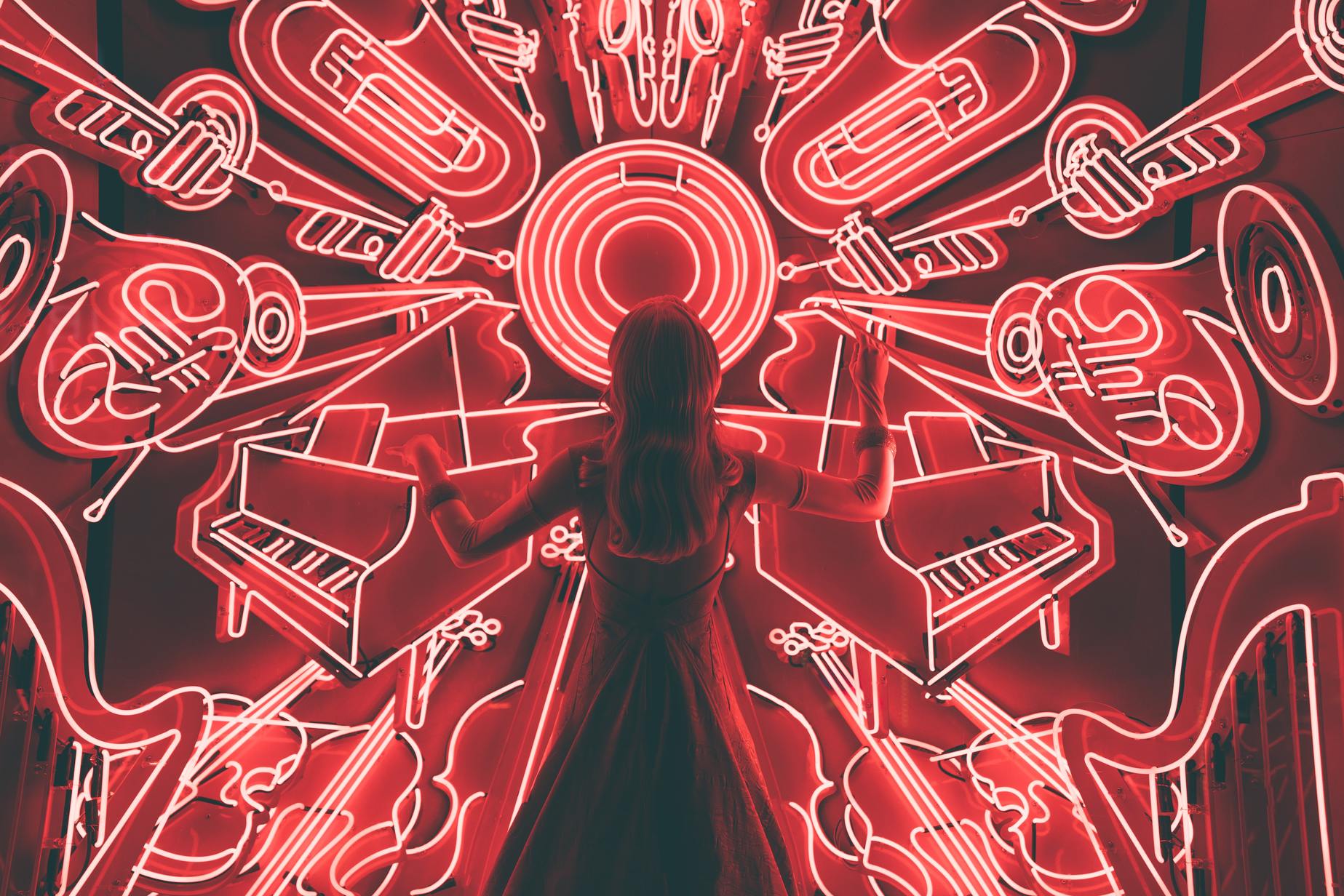Psilocybin
New Study Shows Psilocybin Increases Music Pleasure in Depression Patients
The article New Study Shows Psilocybin Increases Music Pleasure in Depression Patients was originally published on Microdose.
The relationship between…

The article New Study Shows Psilocybin Increases Music Pleasure in Depression Patients was originally published on Microdose.
The relationship between psychedelics and music is not as unidirectional as we might think. While music has been shown to be a valuable aid in psychedelic psychotherapy, it can also be used as a means to obtain concrete evidence of the psychedelics-derived benefits on mood in mental health patients. This was shown by the study illustrated in this article, conducted by a research team at the Imperial College London.
Music and anhedonia in depression
The benefits of music on mood have been known since ancient times. By eliciting emotional responses in listeners, music leads to improvements in mood, and decreases stress, with positive emotions as the main results of the experience.
Depression, however, is known to decrease or completely extinguish music-related pleasure. Around 70% of major depressive disorder patients present anhedonia as a symptom, i.e. the incapability to experience pleasure. And it has been shown to be particularly hard to treat, with its presence leading to an even worse response to the treatments predominantly used today like SSRIs.
As the pleasure evoked during music listening greatly relies on dopamine systems in the brain, the scenario of lower dopamine and dysfunctional reward processes in depressed patients makes it difficult to experience pleasure. This is indeed thought to be the main biological mechanism underlying the anhedonia phenomenon experienced by MDD patients.

New study with psilocybin and music
Psilocybin and ketamine, in conjunction with psychological intervention have already been shown to reduce anhedonia. LSD has also been investigated for its effects on music-evoked pleasure by a research team from the Centre for Psychedelic Research at the Imperial College London. However. In 2022, the same research team performed a similar study — this time the potential of psilocybin therapy for music-evoked pleasure was assessed not in healthy controls, but in actual treatment-resistant depression patients.

19 individuals affected by treatment-resistant depression were recruited; after psychological preparation (discussing their mental health condition and what could be expected from the session), they received a low dose of psilocybin (10 mg), followed by a high dose (25 mg) a week later. The effects of the drug were investigated employing subjective tests and questionnaires, as well as collecting fMRI neuroimaging data.
A week before the first dosing, 2 fMRI scans were performed, one with and one without music; these were repeated on the day following the second dosing. The team focused their investigations on a specific brain area, the nucleus accumbens, a part of the ventral striatum, a brain structure responsible for reward processing, having a major involvement in music-evoked pleasure. After each scan, music-evoked pleasure and other related emotions, as well as their absence, were assessed with the Geneva Emotional Music Scale, used by participants to rate the feelings evoked by the music, and the Snaith-Hamilton Pleasure Scale was employed prior to each scan to assess the absence of pleasure or anhedonia, typical of psychopathological disorders.
The effects of the drug with and without music were compared to the placebo with and without music by looking at both the scales just mentioned, and the functional connectivity analysis of the fMRI scans obtained (with functional connectivity being the temporal correlation between events occurring in spatially distant brain areas).

A thorough analysis of the subjective reports revealed a correlation between decreased anhedonia and an increased level of music-evoked emotions after treatment with psilocybin.
Neuroimaging-wise, the nucleus accumbens was found to have a decreased post-treatment functional connectivity with areas constituting the Default Mode Network (DMN), a main brain network accounting for the symptoms typical of depression, such as rumination, and already found to be disrupted by psychedelics in multiple studies.
In addition, the findings regarding the functional connectivity between the nucleus accumbens and the DMN are supported by a 2016 study, which found it greater in major depressive disorder patients. However, the authors of the study declared that the correlation between these two types of findings — functional connectivity and subjective ratings of pleasure/anhedonia — is still not clear in how it works, hence the need for further studies to examine it in more detail.
Correlation between psilocybin and increased emotions
The purpose of the study just described was to gain evidence of the potential of psilocybin therapy to enhance emotional responses to music, usually low or absent in depression. And the results showed a correlation between psilocybin treatments and decreased anhedonia (increased level of music-evoked emotions)
These are useful insights for future studies, which will likely be directed to understanding the relationship between the change in connectivity between the nucleus accumbens, the DMN and the reduced anhedonia.
Interested in more like life? Check out Science Feature: Psilocybin for Headaches

-

 Psychedelics1 week ago
Psychedelics1 week agoCybin Announces Publication of Research Manuscript in the Journal of Medicinal Chemistry
-

 Psilocybin1 week ago
Psilocybin1 week agoCalifornia advances bill for psychedelics centers
-

 Psilocybin5 days ago
Psilocybin5 days agoPassover Perspectives: Psychedelics, Moses, and the Burning Bush
-

 Psychedelics1 week ago
Psychedelics1 week agoRevive Therapeutics Announces FDA Acceptance of Meeting Request for Long COVID Diagnostic Product
-

 Psychedelics1 week ago
Psychedelics1 week agoPsychedelics Can Offer More Than Therapy On Its Own
-

 Psychedelics4 days ago
Psychedelics4 days agoAlgernon NeuroScience and the Centre for Human Drug Research to Present DMT Phase 1 Stroke Clinical Data at the Interdisciplinary Conference on Psychedelic Research June 6 – 8th, 2024
-

 Psychedelics5 days ago
Psychedelics5 days agoRevive Therapeutics Announces Type C Meeting Request Granted by FDA for Clinical Study of Bucillamine to Treat Long COVID
-

 Psychedelics5 days ago
Psychedelics5 days agoOptimi Health and Kwantlen Polytechnic University Applied Genomics Centre Partner to Advance Mushroom Science and Research








